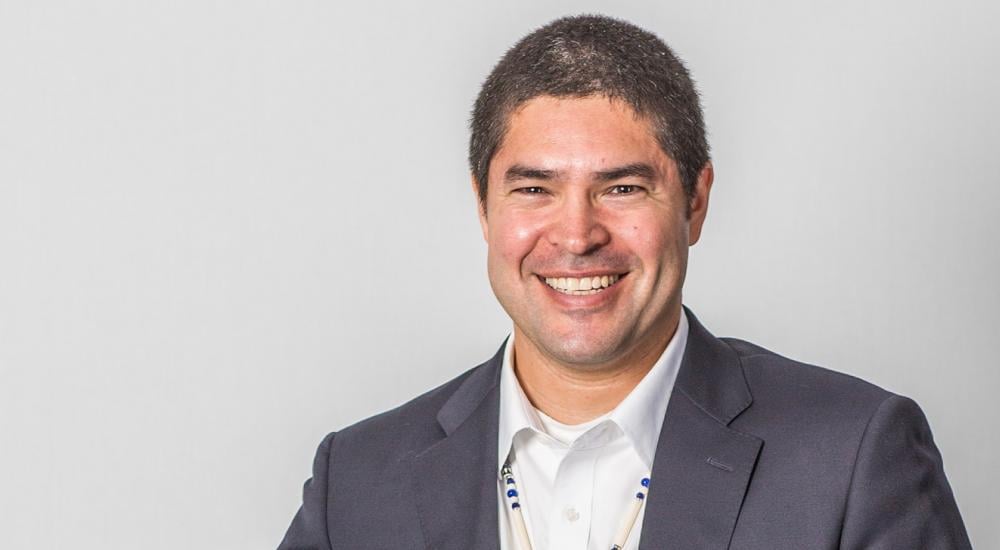Research Today to Shape the Future of International Education

The recently published white paper International Higher Education Research: State of the Field was in the works long before the COVID-19 pandemic spread across the globe, upending life for millions of people and introducing short- and long-term effects on the field of international education.
International Educator spoke with the paper’s coauthors, Bryan McAllister-Grande, EdD, and Melissa Whatley, PhD, about emerging trends, important issues, the evolution of research in the field, and why practitioners should familiarize themselves with research and the ways it can support their work.
Though the pandemic and the growing movement against racism in the United States are not directly addressed in the white paper, McAllister-Grande and Whatley discuss how the current climate provides opportunities to reassess and reframe the work of international education.
Editor's note: This interview has been edited for length and clarity.
Can you tell us more about the conceptual framework you propose in the paper and the role it can play in rewriting the research agenda in the field?
Bryan McAllister-Grande: If you talk to anyone who has worked in research, either as a full-time researcher or a scholar-practitioner, they’ll agree that there needs to be more structure and organization to international education research. [International education research] has often been very sporadic, and it has been done in little bits and pieces over the last 50 years or so. It has not been a major priority in the field.
Given that we have emerged from more of a practice perspective, many of the















